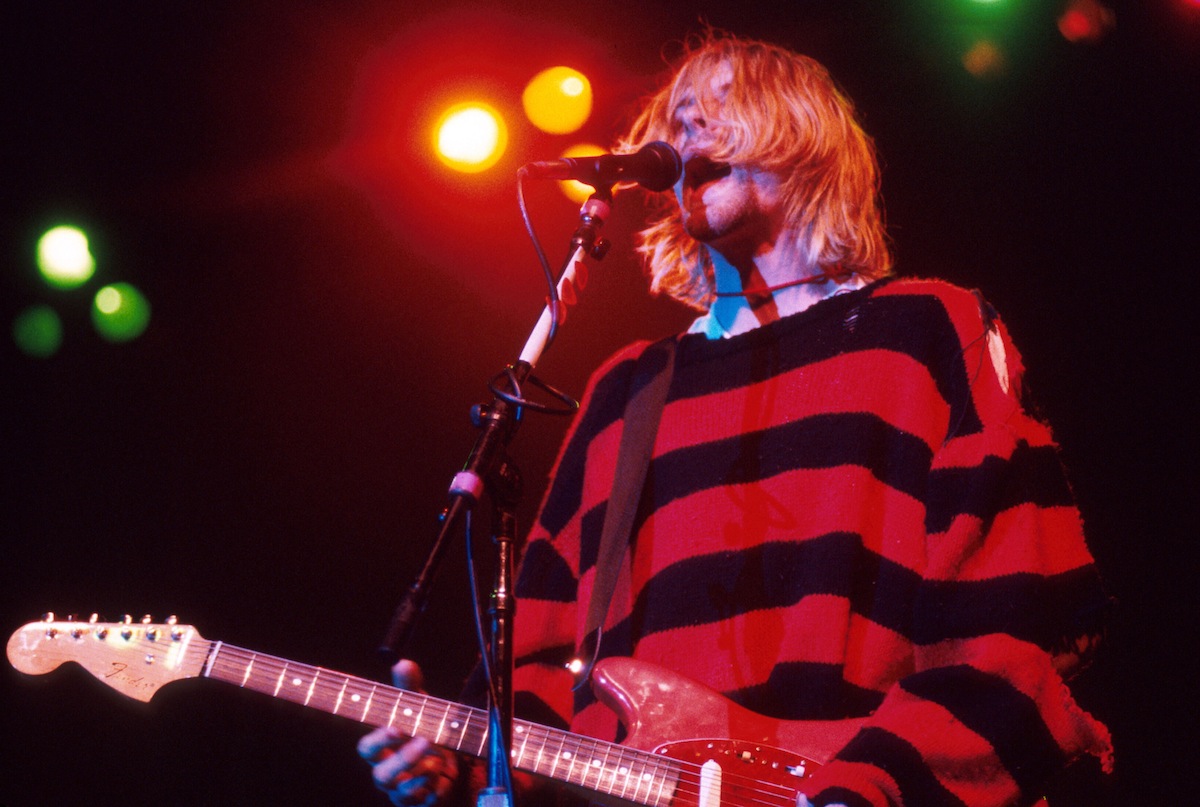
Many have blamed Kurt Cobain’s suicide — on this day, April 8, in 1994 — on the harsh glare of the spotlight: an especially brutal force for someone as sensitive as the Nirvana frontman.
LIFE Books described a tribute commemorating the 20th anniversary of Cobain’s death, last year, as “the story of a young man who buckled beneath the weight of enormous, unwanted fame.”
In the book’s introduction, editor Bob Sullivan notes that “at the apex of Nirvana’s success, [Cobain] said he wished he could quit that gig and be a sideman in his wife’s band, Hole.”
But casting fame as the villain in Cobain’s undoing would be an oversimplification. Whether or not he recognized all that it entailed, celebrity was his goal from the time he founded Nirvana.
“He definitely wanted to be famous,” the band’s former manager, Danny Goldberg, told USA Today in 2004. “He worked assiduously with tremendous clarity to achieve that. He designed the band’s T-shirts, commented on detailed aspects of the bios, was acutely aware of every review and interview and how often the videos were on. He knew which songs would be singles.”
That Cobain had achieved his goal was clear early on, when Nirvana’s 1991 album Nevermind shot to the top of the charts, unseating Michael Jackson’s Dangerous and selling 10 million copies — to the great surprise of music industry moguls. As TIME put it in 1994, “Nirvana came from the music-industry equivalent of nowhere, with a rough-edged first album recorded for a chiselly $606. The next, Nevermind… fibrillated the psyche of a generation. It also launched the commercial vogue for grunge and made Seattle famous for something other than cappuccino, rain and bad professional sports.”
Part of what made Nirvana famous was Cobain’s charisma. Recluse or no, he was an energetic presence and a magnetic force, as fellow musicians have attested. Recalling an early Nirvana performance, Beck told TIME last year, “I have a memory of them coming out and he had his middle finger up, was giving his middle finger to the audience… I remember he had a smile on his face, there was a kind of playfulness, but it was also a little menacing, and I remember the minute they started playing, the entire audience erupted in a way I hadn’t seen before.”
Cobain’s lingering impact is evident in a documentary, Cobain: Montage of Heck, airing on HBO next month; one reviewer says it “will rattle you as much as Cobain rattled the world.”
There’s also plenty of evidence that the same fandom Cobain found obnoxious in life has pursued him in death. His (long-)expired credit card was up for auction earlier this year, and, grimmer still, his suicide note was recently printed on tank tops and t-shirts, allowing morbid fans to celebrate the star by wearing the note in which he “mourns his loss of enthusiasm for performing before Nirvana’s massive crowds.”
Read TIME’s 1994 obituary for Kurt Cobain, here in the archives: Never Mind
Artists Who Have Never Won A Grammy
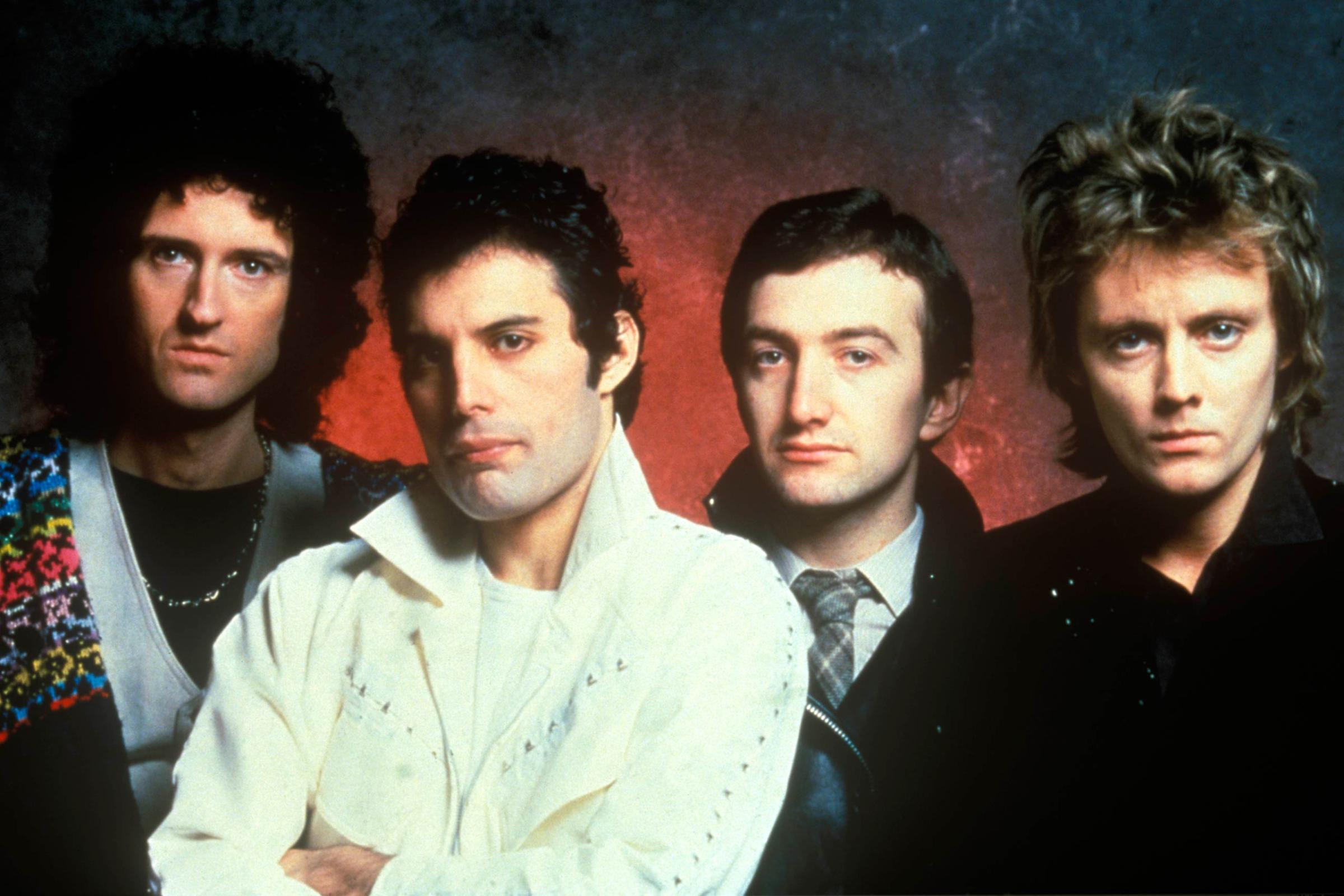
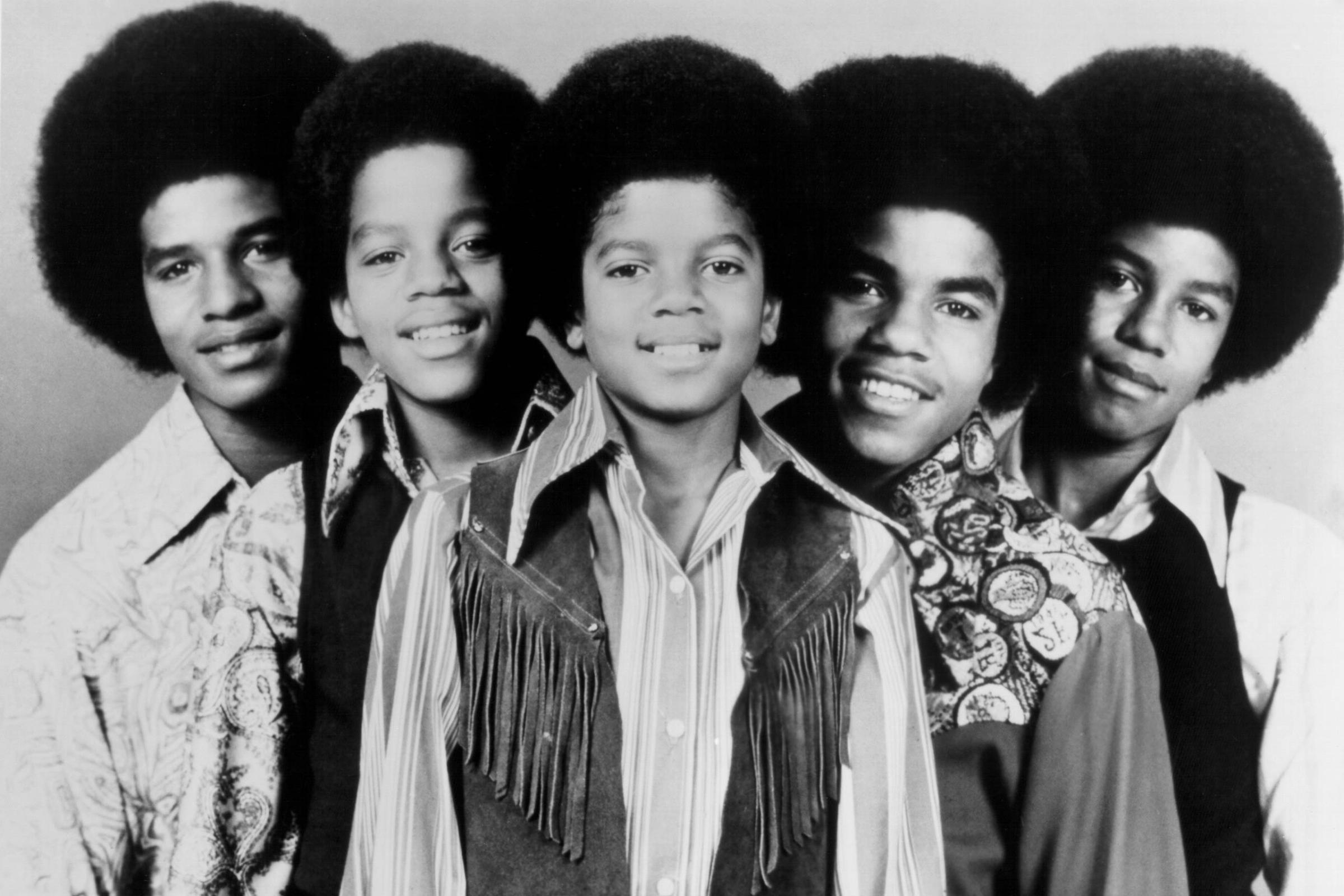
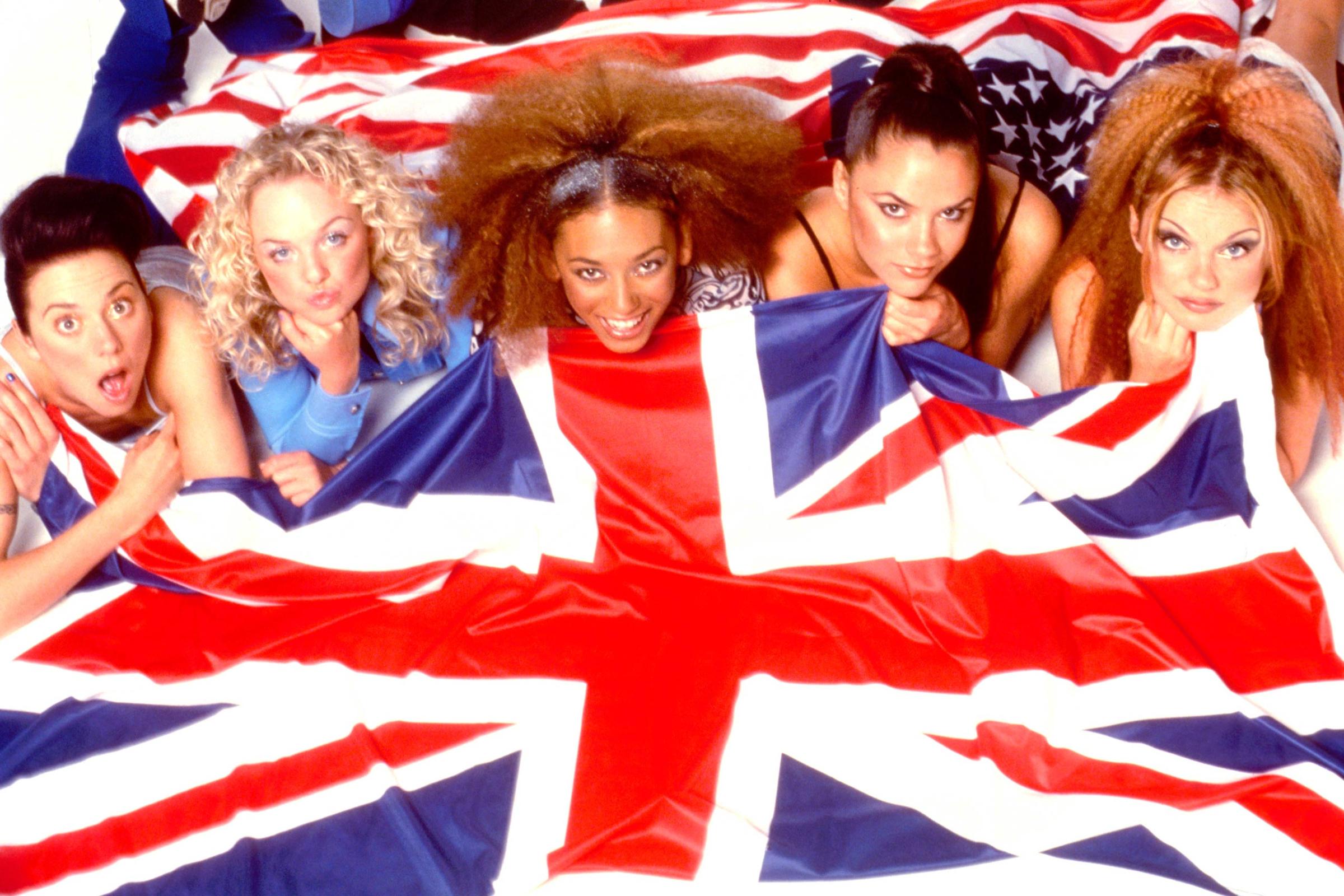
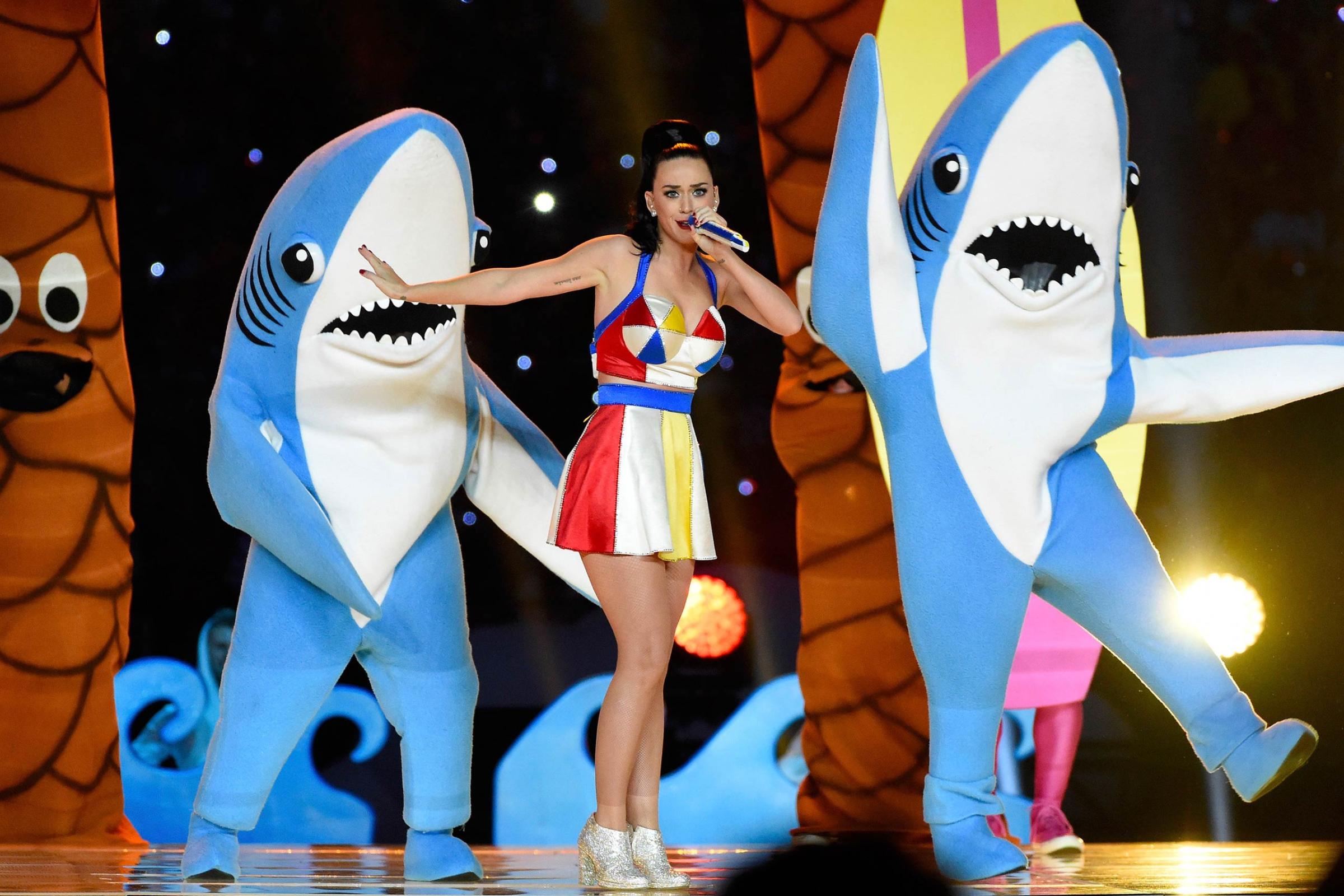

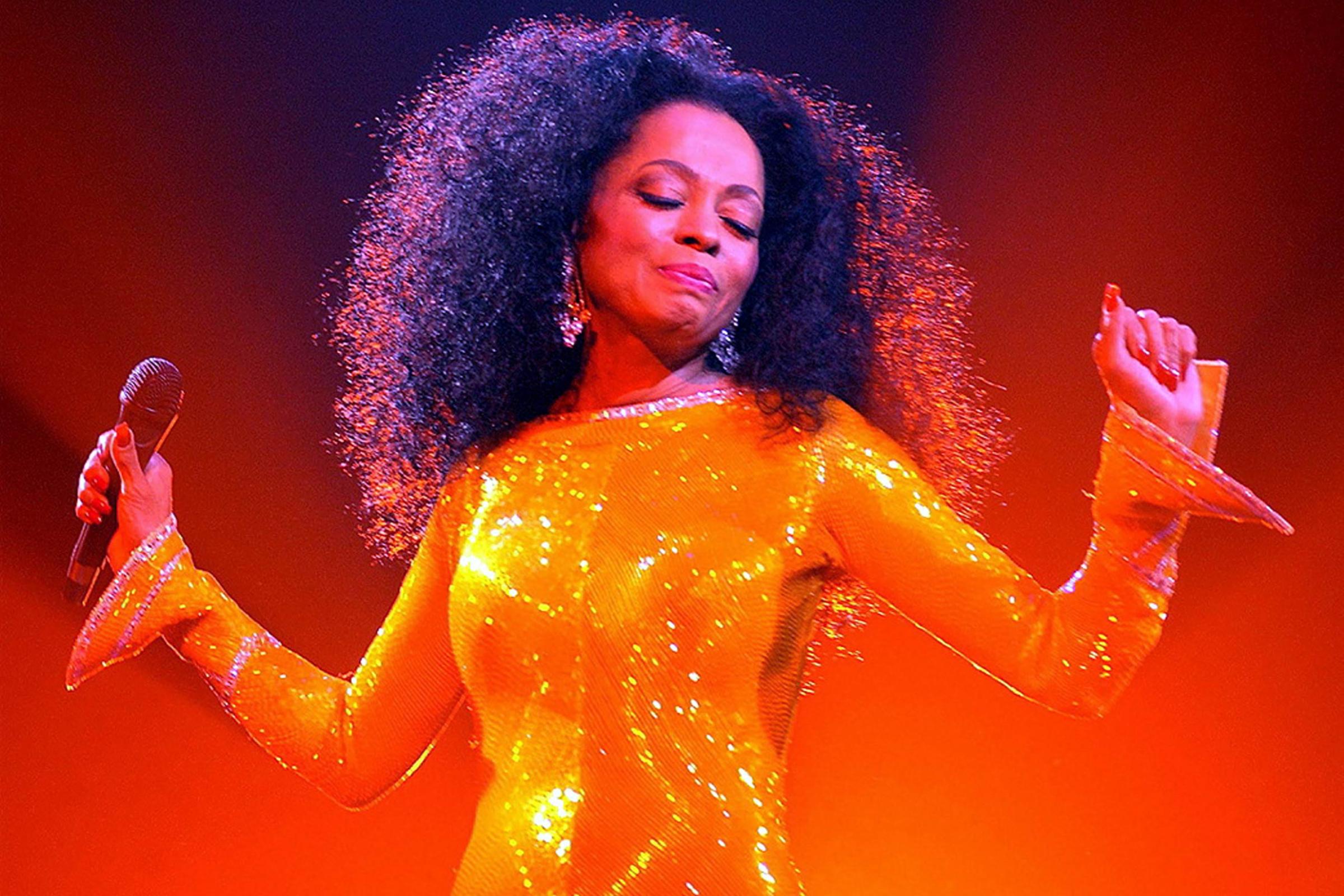
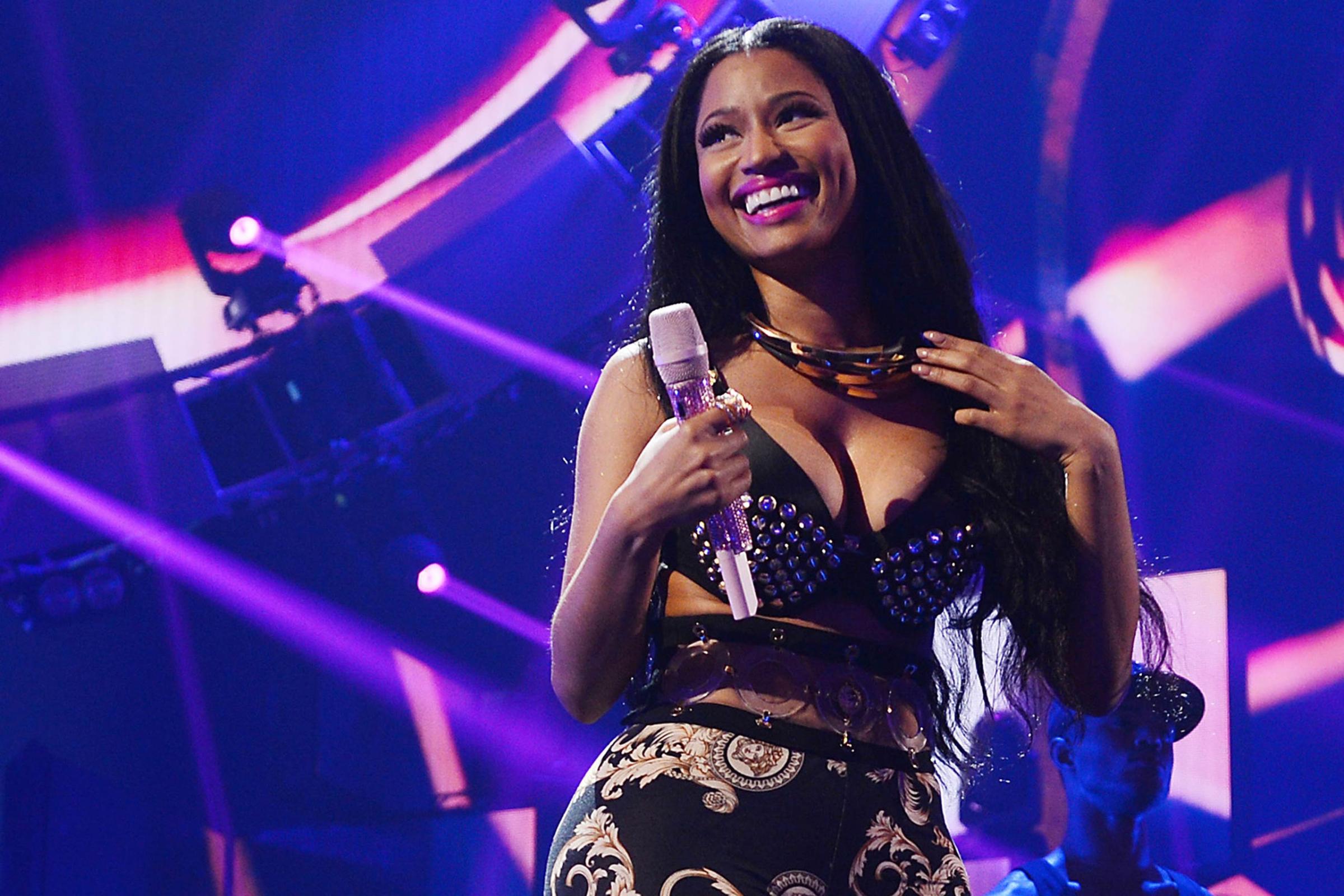
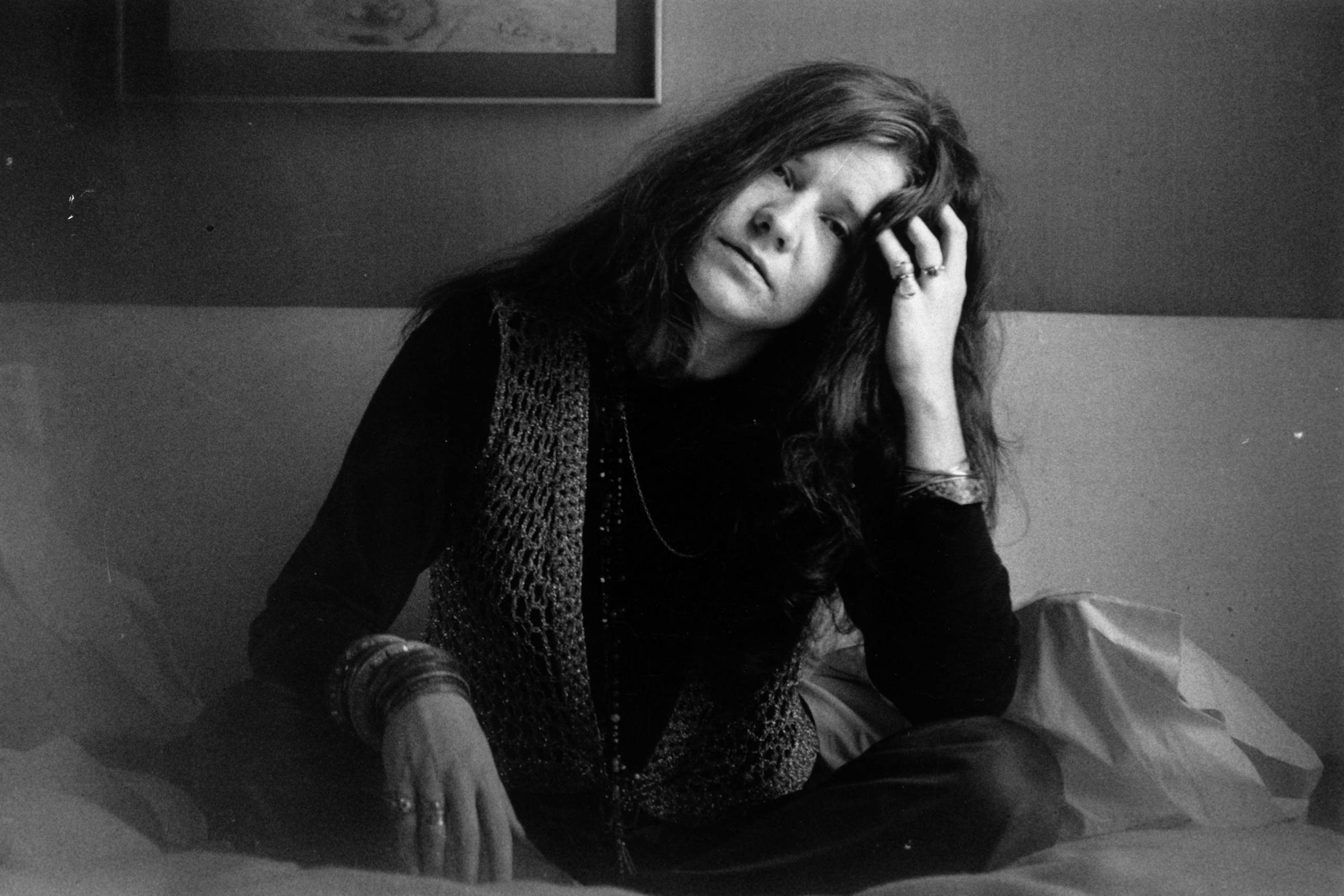
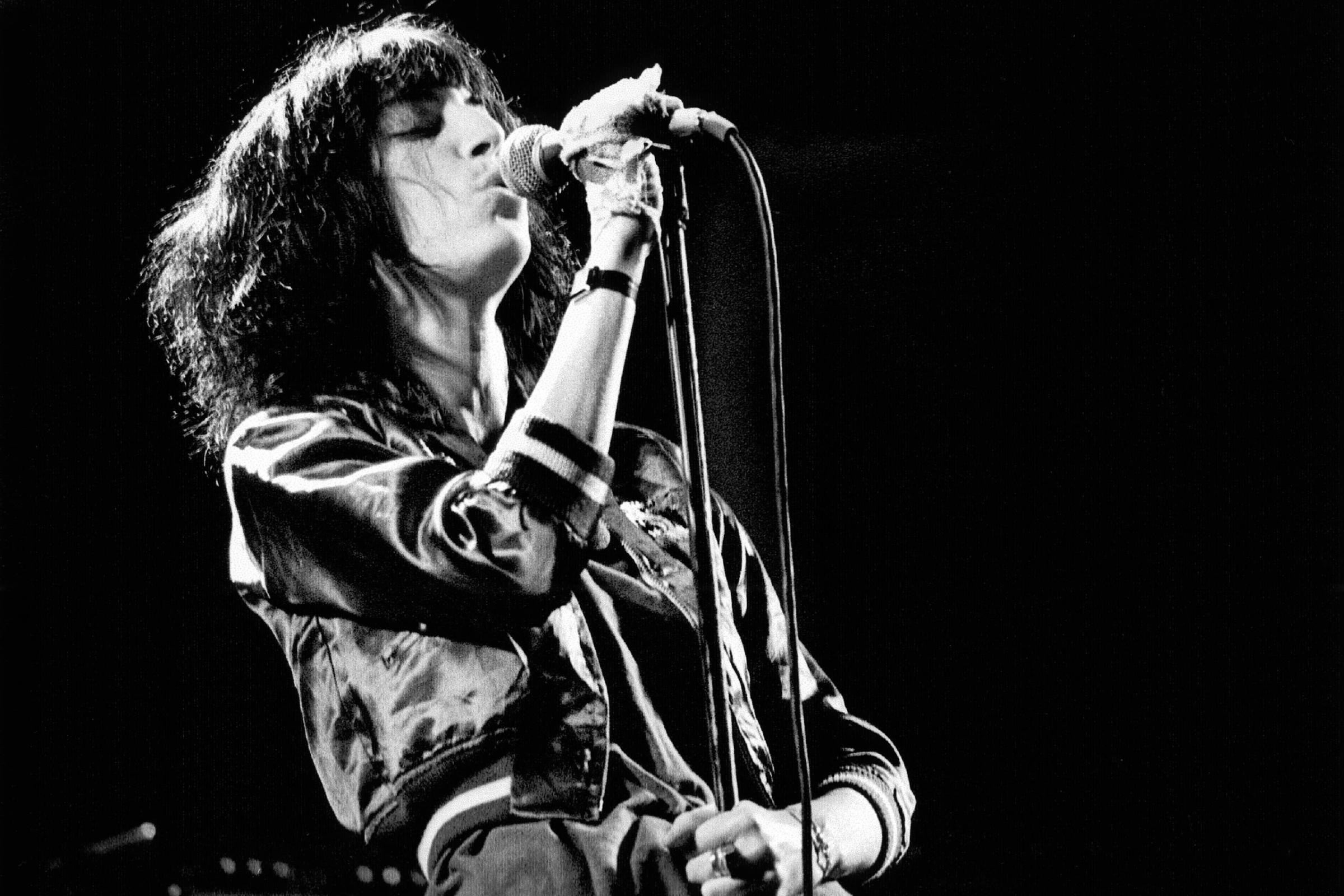
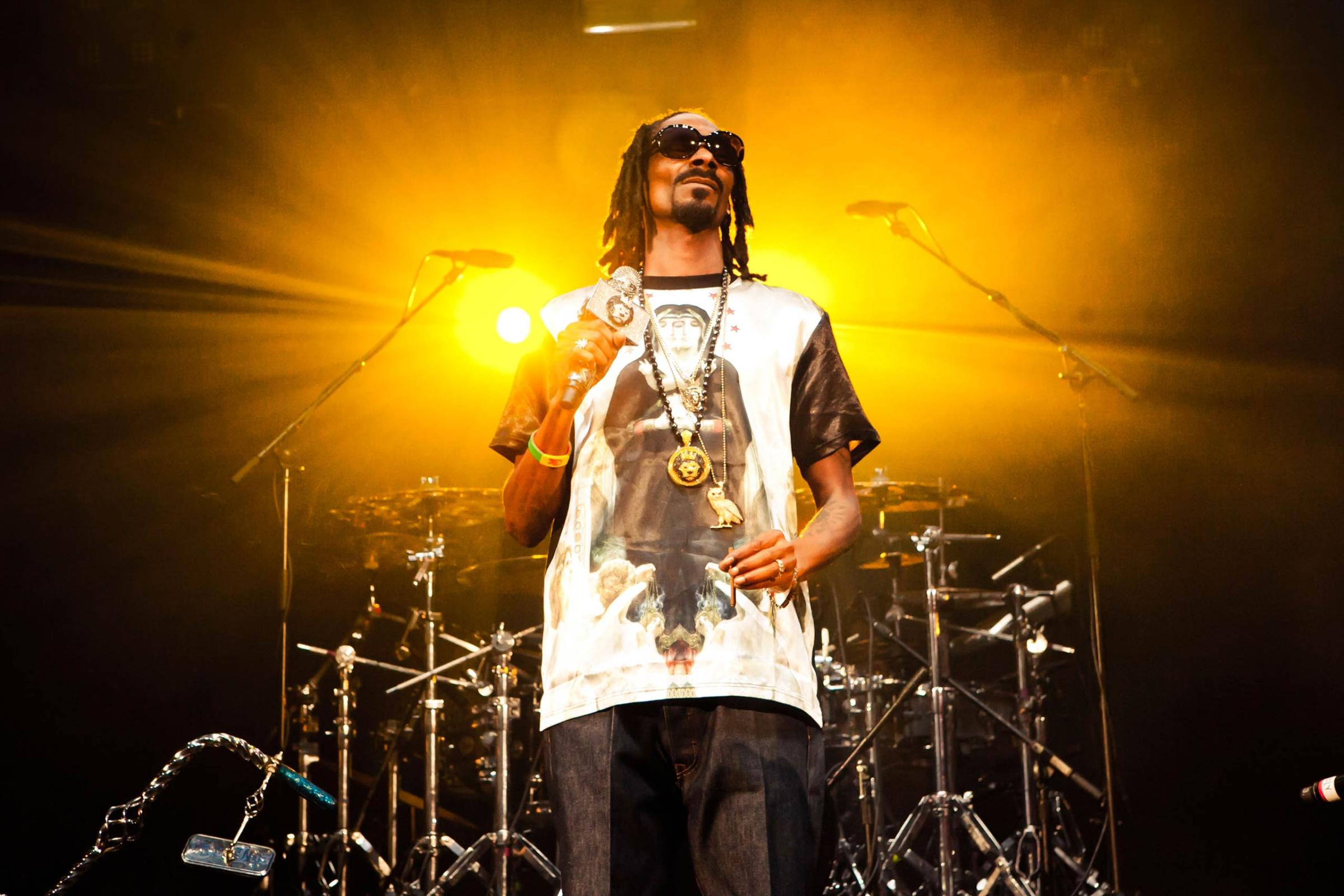
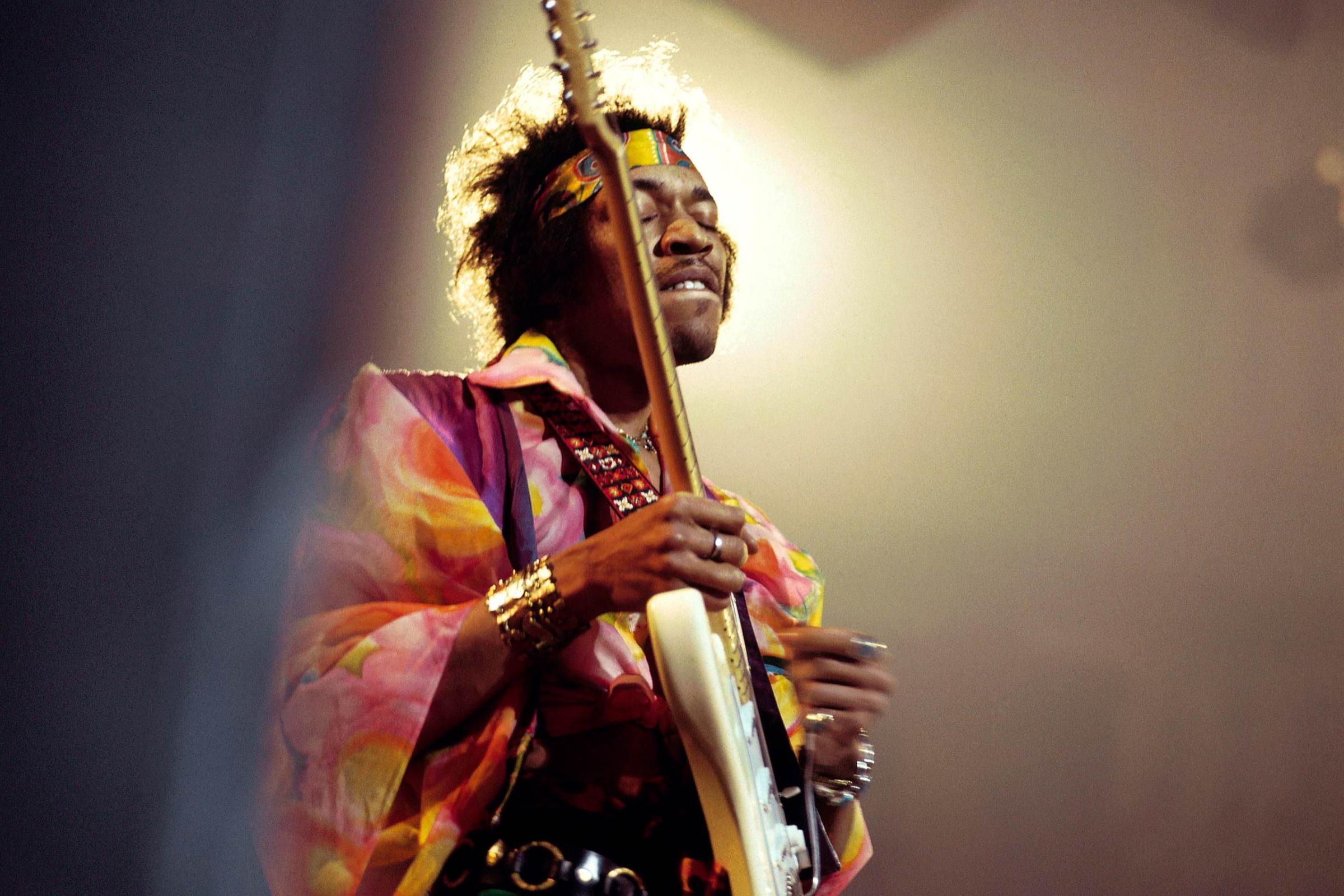
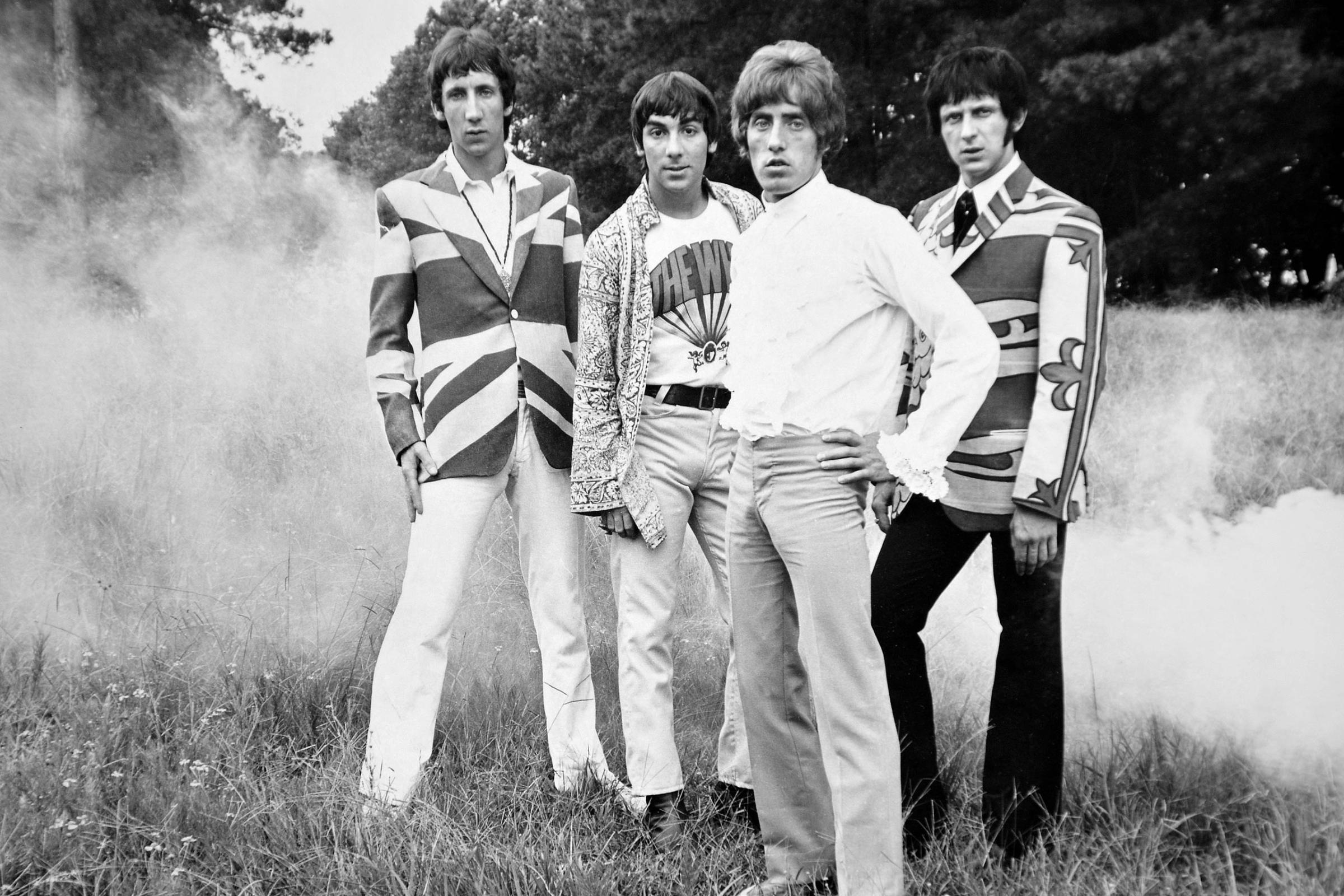
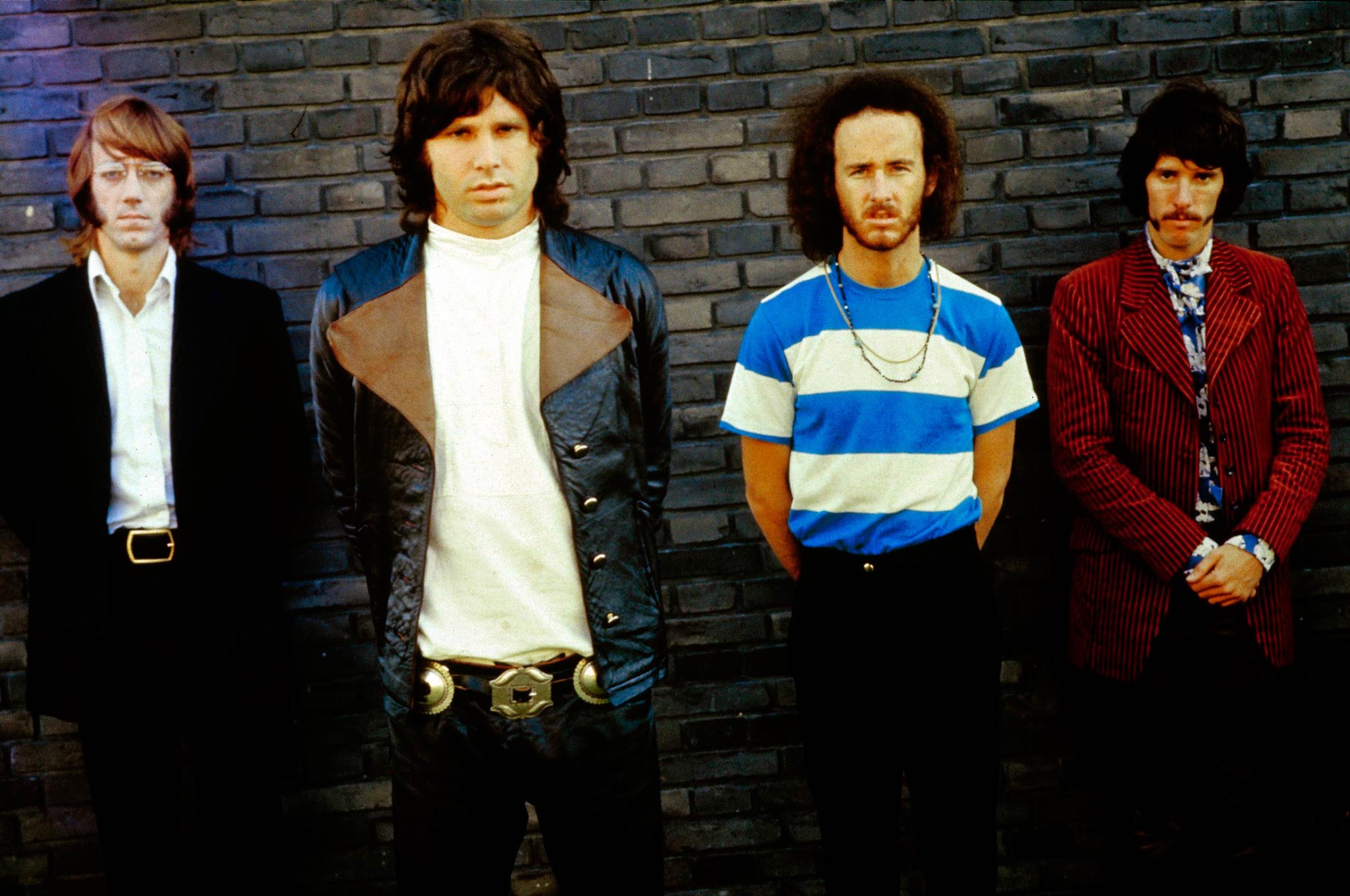
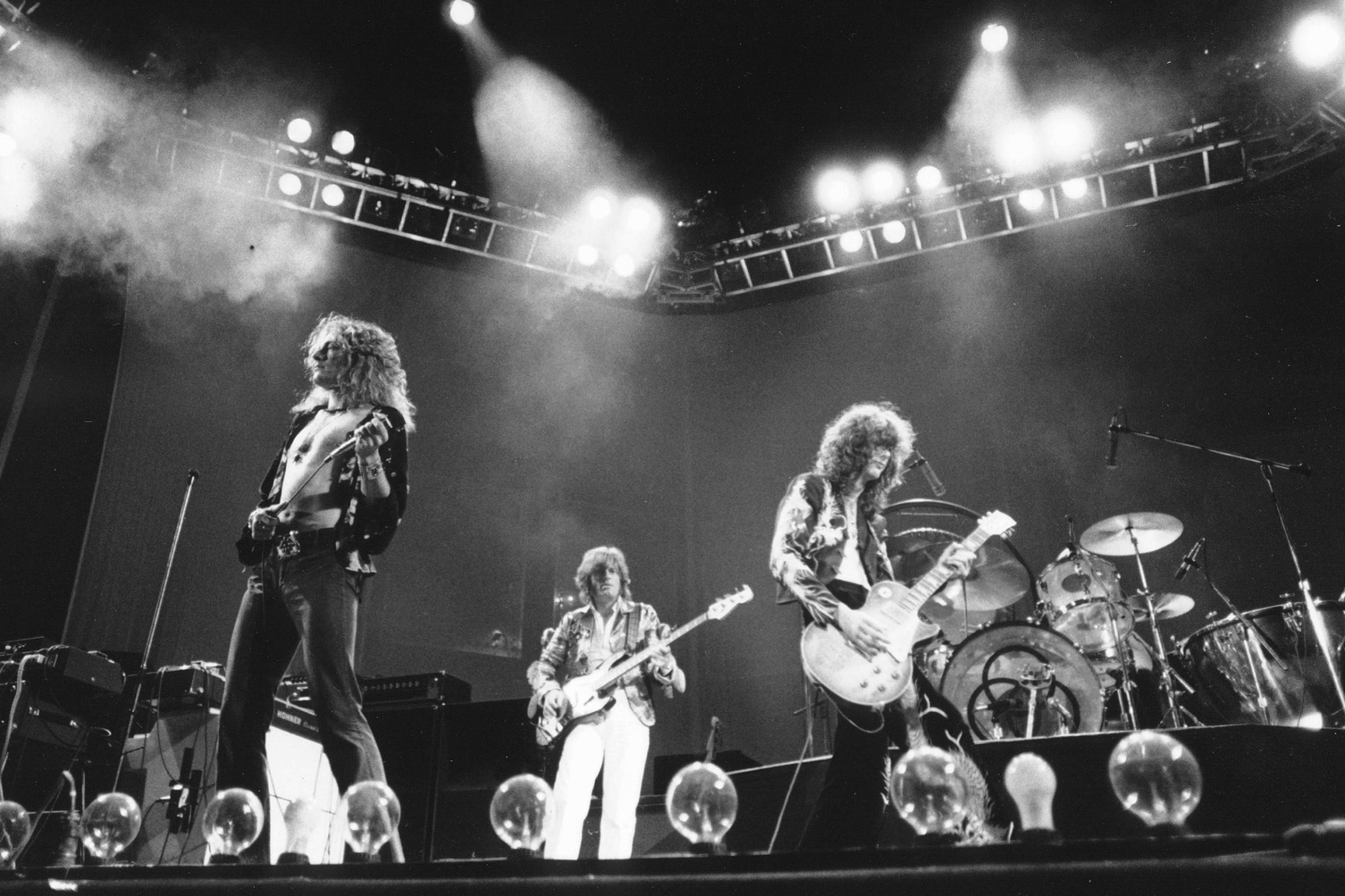
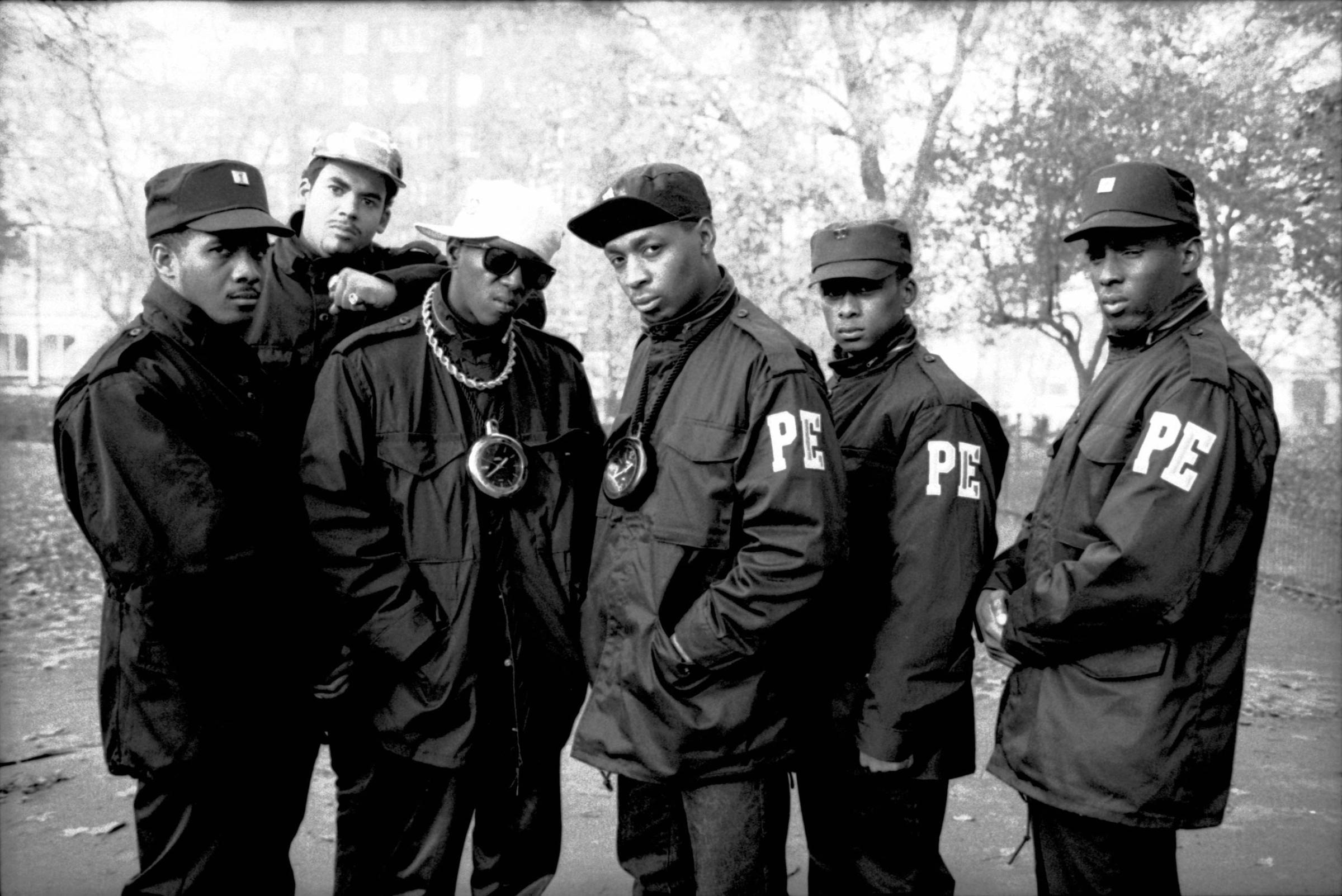
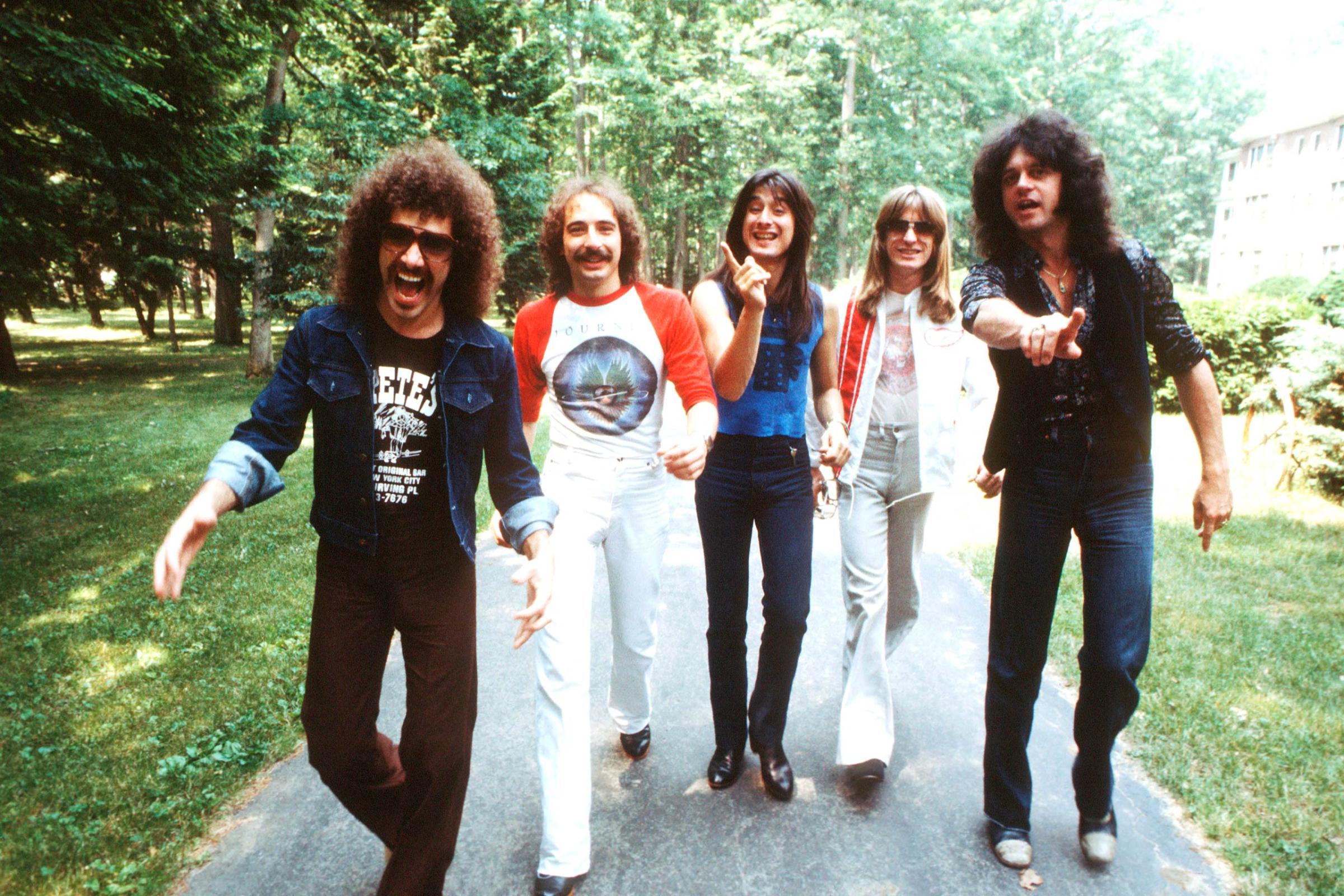
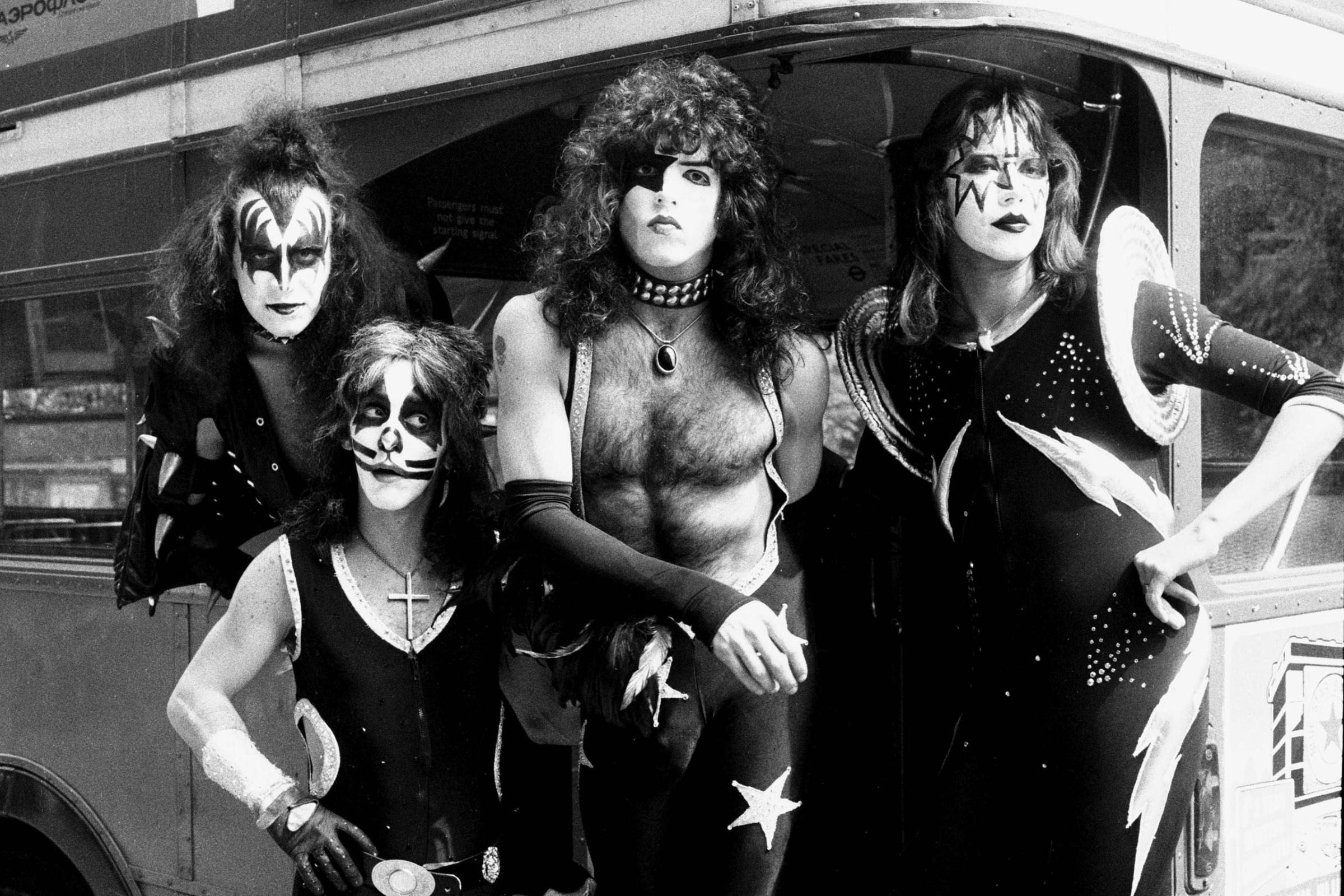
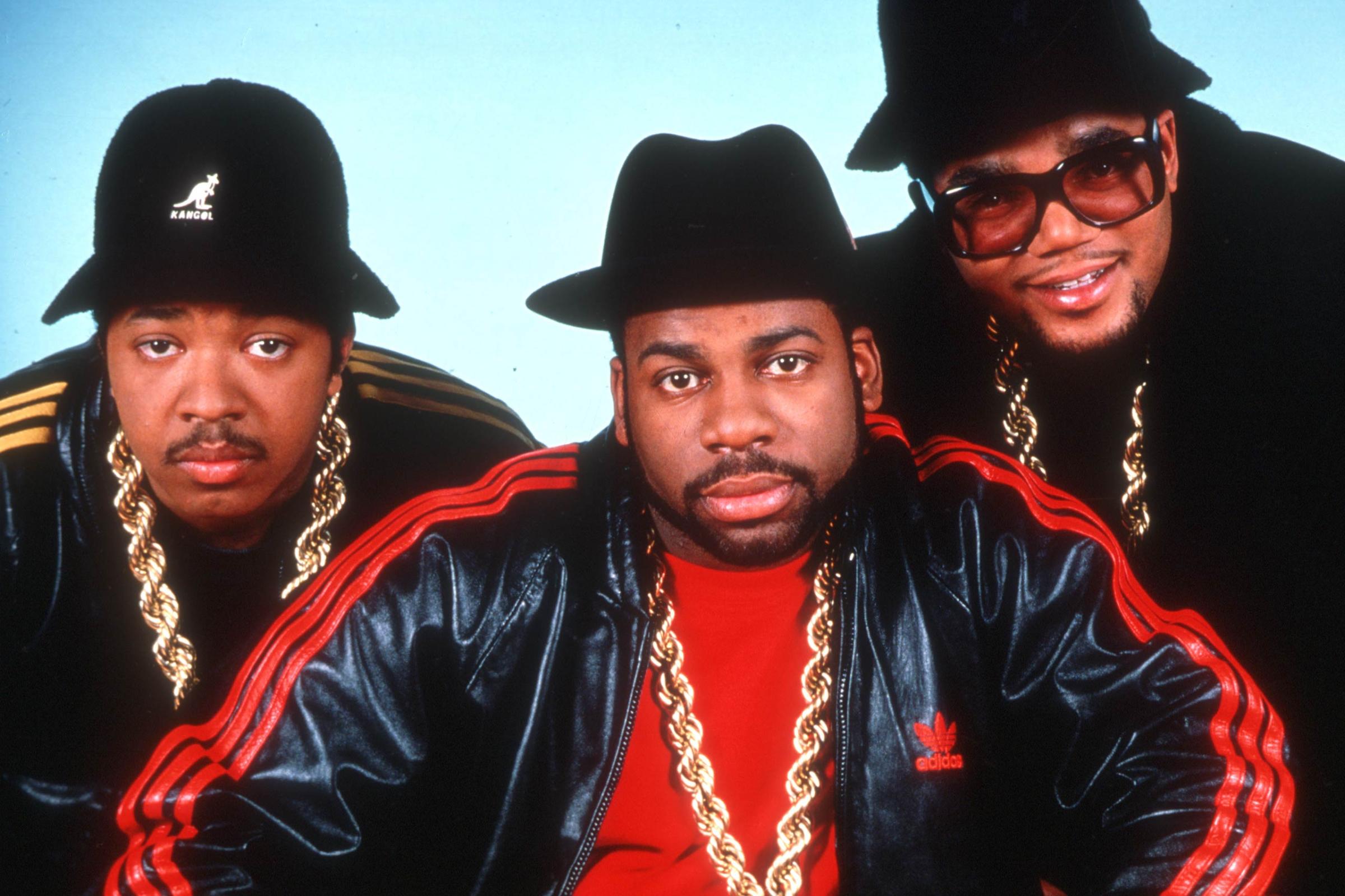
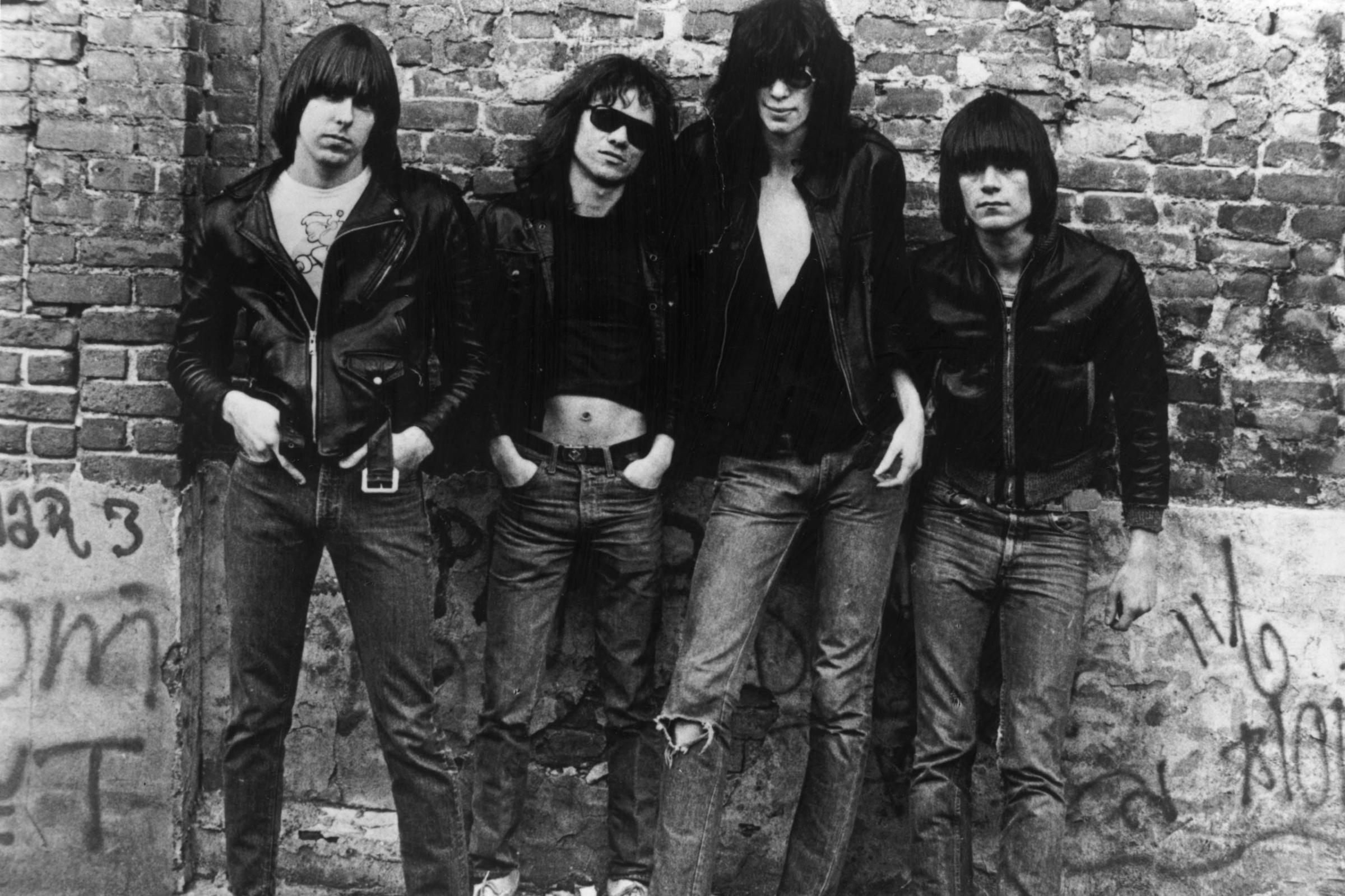
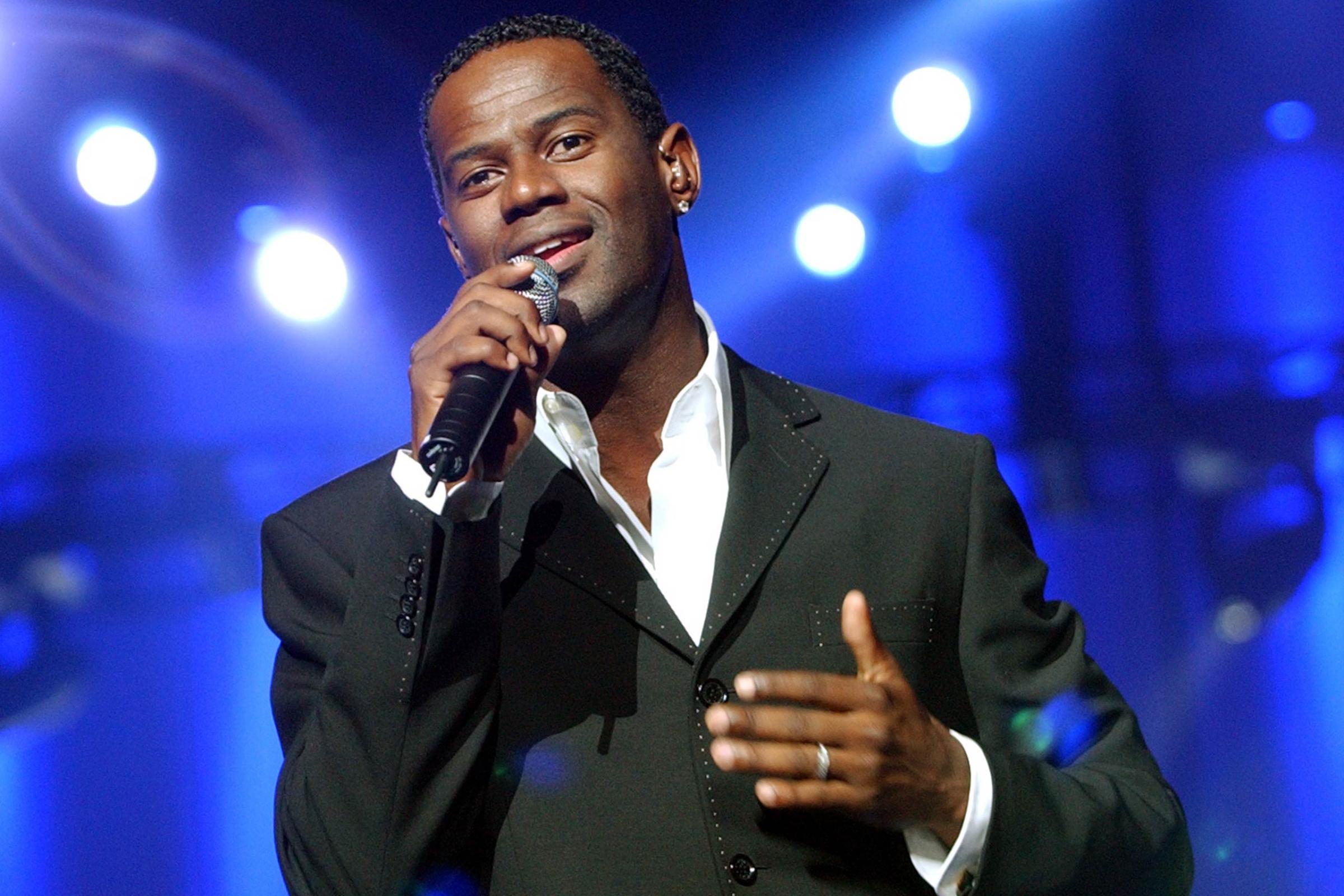

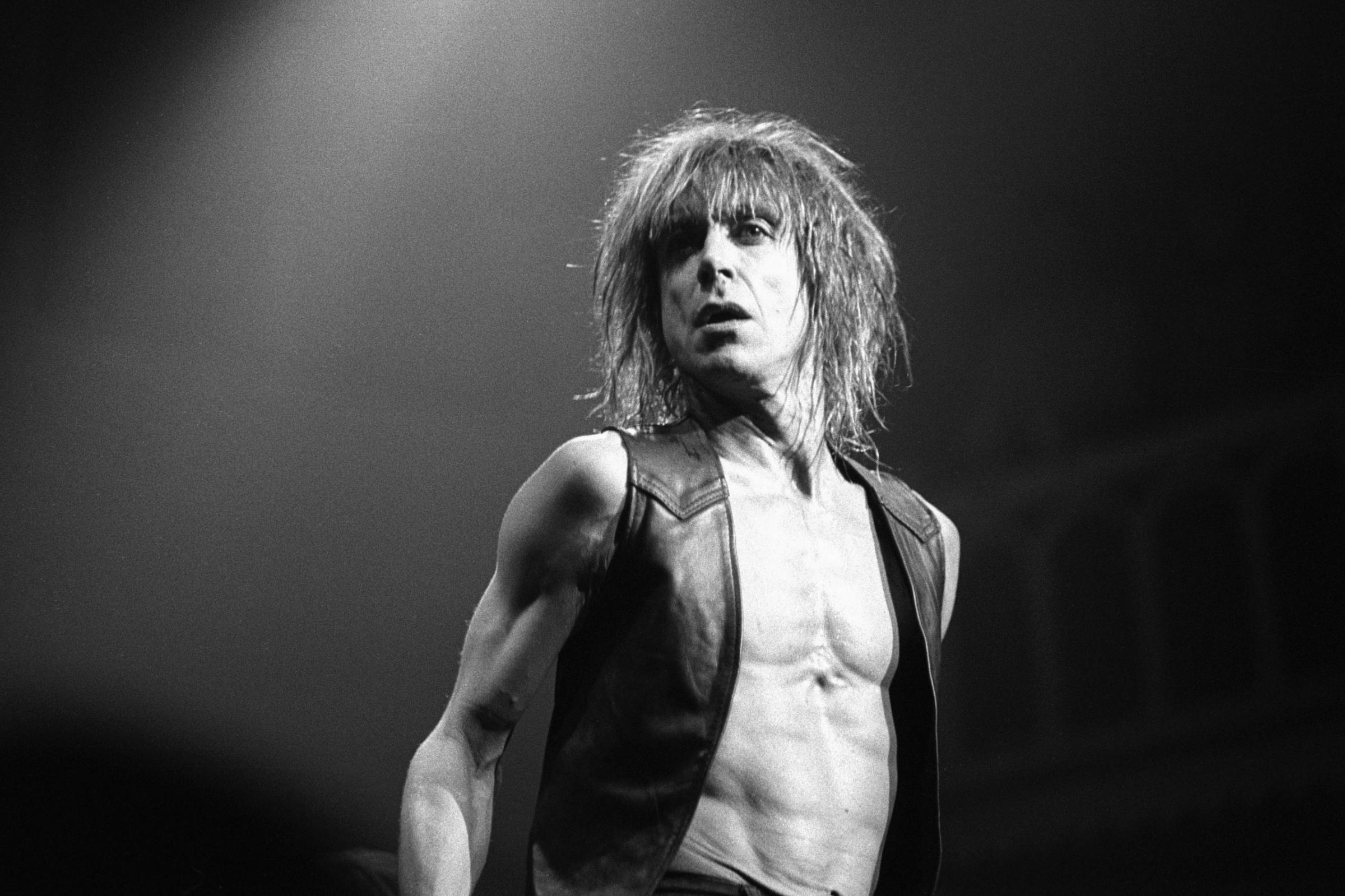
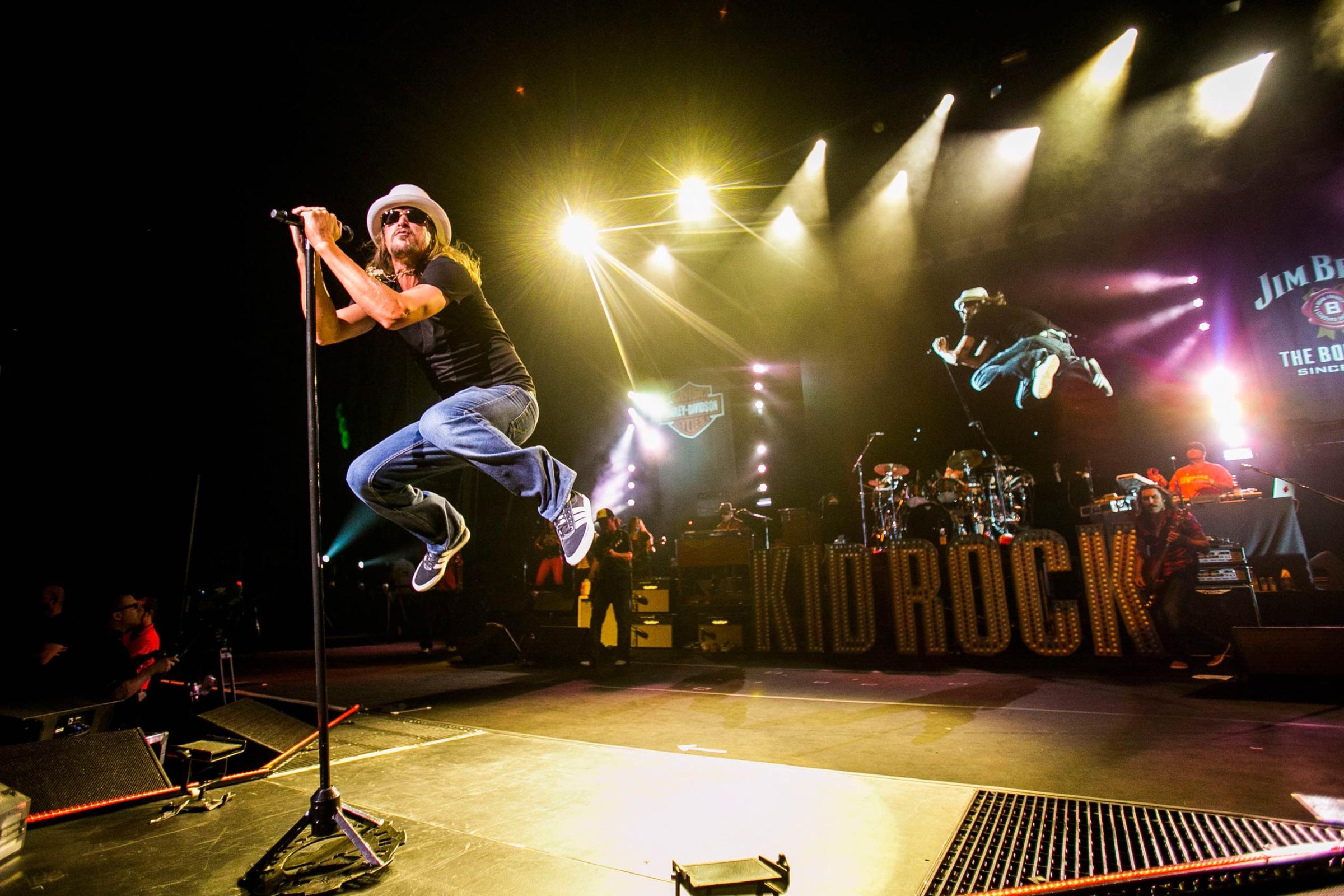
More Must-Reads from TIME
- How the Economy is Doing in the Swing States
- Harris Battles For the Bro Vote
- Our Guide to Voting in the 2024 Election
- Mel Robbins Will Make You Do It
- Why Vinegar Is So Good for You
- You Don’t Have to Dread the End of Daylight Saving
- The 20 Best Halloween TV Episodes of All Time
- Meet TIME's Newest Class of Next Generation Leaders
Contact us at letters@time.com